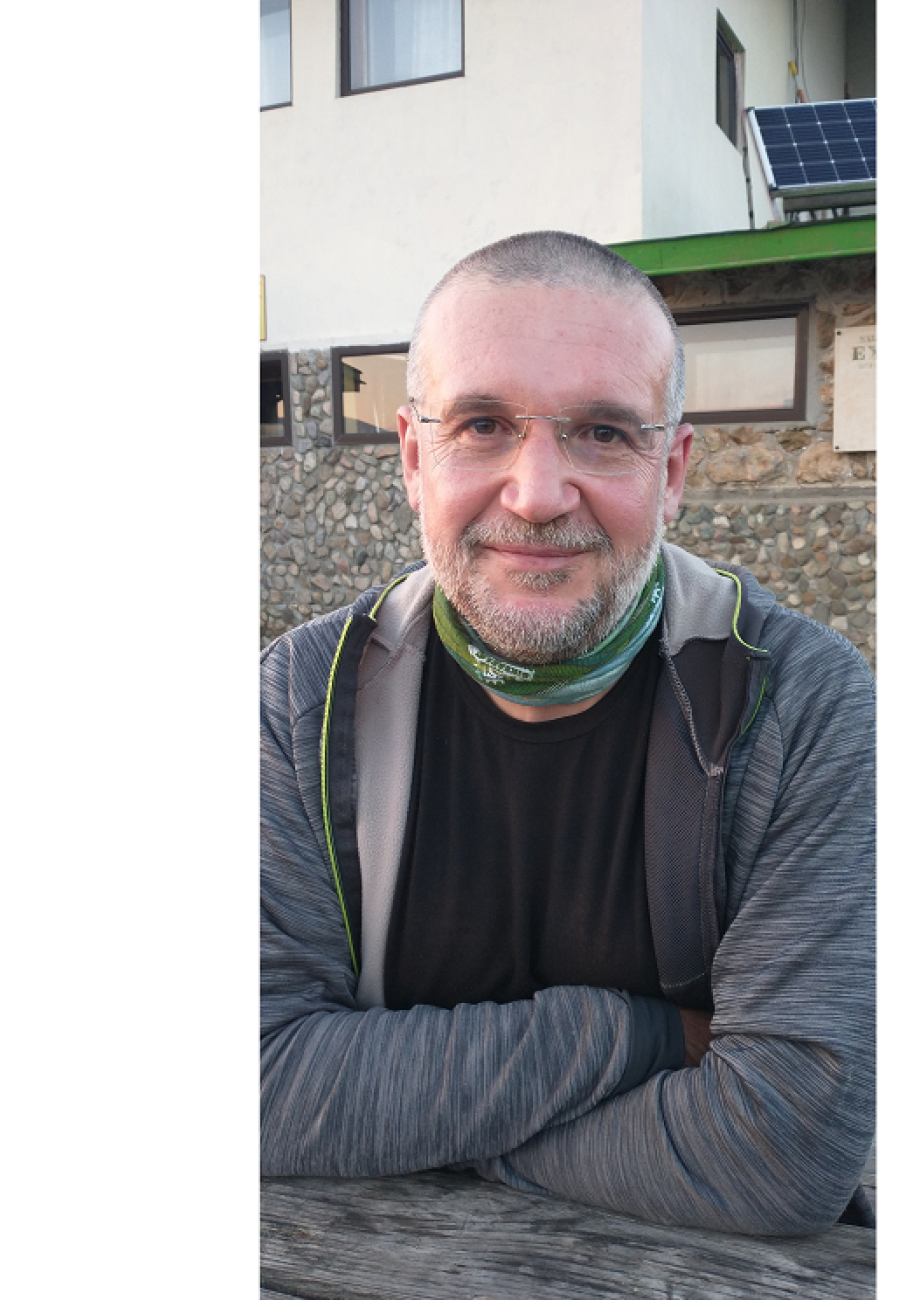Trust in technological solutions is very characteristic of rational thinkers, such as Bulgaria’s current minister of the Environment and Waters, Julian Popov (see this interview with him). But if we want to have a sustainable and prolonged existence on Earth, we have to change not simply technology but values – what motivates us, what gives us incentives.
These are the two big schools of thought in green economics and I adhere to the latter. The first one offers only partial solutions that are not sustainable.”
Given the importance of technology in areas such as defence and energy security, should the degrowth movement reconsider its preference for low-tech solutions?
“In many cases, the high-tech solutions would decrease the material footprint. But there are other cases, especially in emerging economies, where we should maintain less advanced systems, because we should also care for people’s employment. The alternative is to replace and displace huge crowds of people and turn them into migrants. Technology should serve the needs of humanity, not vice versa.”
How should the EU engage with autocratic powers such as China?
“China has a poker face: its motives are rather impenetrable for Westerners. As far as I am aware, in 2008 when the Chinese introduced their huge stimuli against the financial crisis, they declared that they would pursue a different kind of growth, more based on domestic consumption and internal development. On the other hand, they have a long-term strategy for exporting growth.
China is exporting growth to Africa and South America, trying to outmanoeuvre the West in this respect. There is a big difference between having your assessment based on numbers - which is characteristic of the financially governed Western world, or the Global North – and having objectives that are not confined to numbers but result in power, as is the case in the Global South.
I am counting Russia among the Global South now, although they are the northernmost country in the world. Autocratic countries such as China, Russia and some rich Arab countries in the Middle East are ready to pay a lot of money just to acquire new strategic positions.
Their growth strategy is not recognized fully by Western researchers. What matters for Westerners is the financial numbers, while the Chinese are not pursuing numbers at any cost but rather use them as an indicator of whether their policies are right or wrong. In the West, we are making a huge mistake basing our policy on GDP growth. GDP should be an indicator of our advancement toward our goals, not a goal in itself.”
Do you think the relationship between Europe and the Global South could benefit if Europe decreased its dependency on imported fuels and imported resources, which creates resentment and is compared to new colonialism?
“A ‘Fortress Europe’ strategy is really dangerous because a fortress doesn’t only stop those who want to enter but also makes the population inside vulnerable to deficiencies of food, resources and materials.



